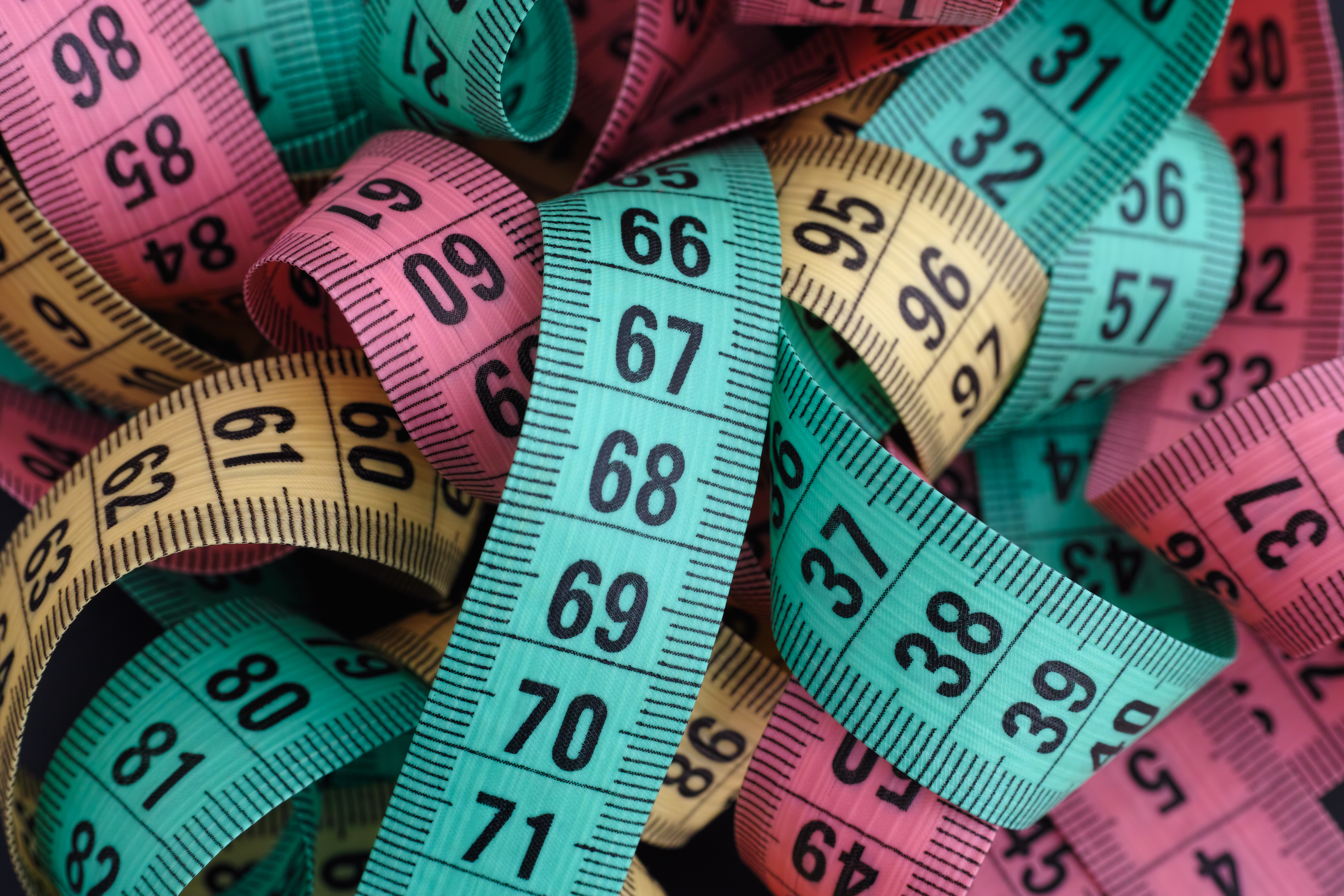Daniele Giovannucci, President of the Committee on Sustainability Assessment, recently sat down to discuss some of the big changes he has witnessed over the past ten years while working on the measurement of sustainability.
Q: You have been leading COSA for ten years now. What has changed? What are your top three ‘take-aways’?
Daniele: It is hard to imagine that today’s mainstream acceptance of rigorously measuring the impacts of sustainability efforts was considered marginal when we started a decade ago. A lot has changed in ten years of building science-based approaches to measuring sustainability. I think three major lessons stand out: The first lesson is that we all need to have simpler ways to demonstrate or manage our sustainability. COSA now works with 55 institutions, all of whom recognize that we need to have common metrics if we are to have any accountability or transparency. So, we are actively advancing simpler shared metrics with groups as diverse as The Sustainability Consortium, who convene more than a hundred of the world’s biggest retailers and brands, and the InterAmerican Development Bank, whose SAFE Platform provides funding to innovative sustainability projects for major organizations from Grameen Foundation and Catholic Relief Services to Starbucks and Keurig.
The first lesson is that we all need to have simpler ways to demonstrate or manage our sustainability. COSA now works with 55 institutions, all of whom recognize that we need to have common metrics if we are to have any accountability or transparency. So, we are actively advancing simpler shared metrics with groups as diverse as The Sustainability Consortium, who convene more than a hundred of the world’s biggest retailers and brands, and the InterAmerican Development Bank, whose SAFE Platform provides funding to innovative sustainability projects for major organizations from Grameen Foundation and Catholic Relief Services to Starbucks and Keurig.
Understanding the basics is vital if we are to get a critical mass moving in the right direction. I think every development project or investment should consider to simply measure what matters first.
 The second lesson, to be blunt, is that good data alone just doesn’t matter! This is a lesson we learnt many years ago while working with Mars. We need to be able to assimilate and interpret data so that it can be integrated as actionable for managers to use on a regular basis. In other words, we need to transform data into knowledge … maybe even wisdom! When we take the time to think through what information really makes a difference and transform it into usable intelligence, then it has true value. This is something we have made into a fundamental feature of COSA’s work.
The second lesson, to be blunt, is that good data alone just doesn’t matter! This is a lesson we learnt many years ago while working with Mars. We need to be able to assimilate and interpret data so that it can be integrated as actionable for managers to use on a regular basis. In other words, we need to transform data into knowledge … maybe even wisdom! When we take the time to think through what information really makes a difference and transform it into usable intelligence, then it has true value. This is something we have made into a fundamental feature of COSA’s work.
 I think that the third lesson is that sustainability metrics work best when they are easy for managers to grasp. Sound frivolous? Think again. With increasingly complex jobs, sustainability is just one of many responsibilities that managers face, so getting data in dense tables, long reports, or dull bar graphs tends to mean they can only make limited use of it. Instead, functionality skyrockets with dashboards and an appealing graphic interface of just the right ‘actionable’ information that managers understand and know they need in order to make smarter decisions.
I think that the third lesson is that sustainability metrics work best when they are easy for managers to grasp. Sound frivolous? Think again. With increasingly complex jobs, sustainability is just one of many responsibilities that managers face, so getting data in dense tables, long reports, or dull bar graphs tends to mean they can only make limited use of it. Instead, functionality skyrockets with dashboards and an appealing graphic interface of just the right ‘actionable’ information that managers understand and know they need in order to make smarter decisions.
Q: Sustainability measurement and research has obviously come a long way in only ten years. Looking forward are you optimistic we are moving in the right direction?
Daniele: I am. I think the biggest challenge going forward is scaling up. We want to get governments and development agencies to step into the age of sustainability with the pragmatic integration of science-based metrics that empower decision-makers with a balanced and rational perspective. Some, like the government of Mexico, are taking radical steps to improve their policy and investments based on sound sustainability data.
I am also heartened by the leadership that companies are taking. While recently chairing a panel of some of the world’s large forward-thinking companies, a VP of Siemens remarked that their company’s world view encompassed not B2B (business to business) or even B2C (business to consumer) but B2S or Business to Society. That sort of forward thinking, thought leadership is what we need most to address sustainability challenges. It’s not only firms like Siemens, Patagonia or Mars were we see this happening. Firms as diverse as McDonalds, McCain Foods, Nespresso, and Coca-Cola are all integrating next generation sustainability systems into their production.

Q: Any last thoughts you want to share?
Daniele: Yes! At COSA, after 10 years, all of our approaches share one commonality: the need to effectively measure what matters. We have always held that if we cannot measure it we cannot manage it for results. Sustainability can be achieved, in part, by doing things smarter.





